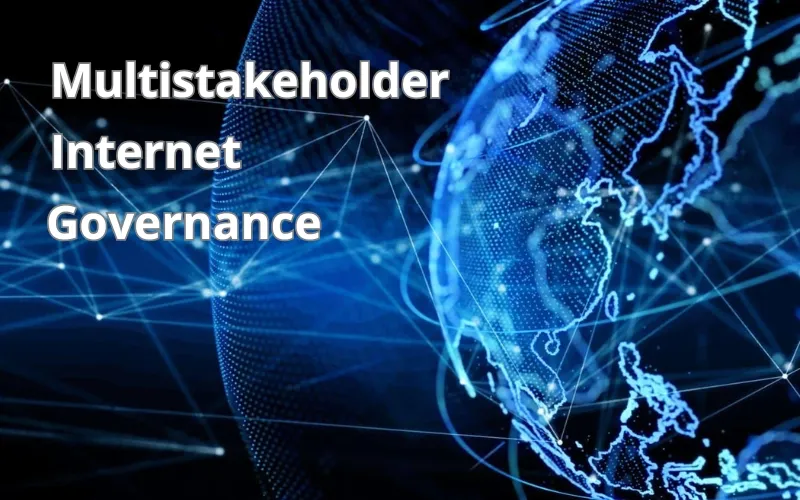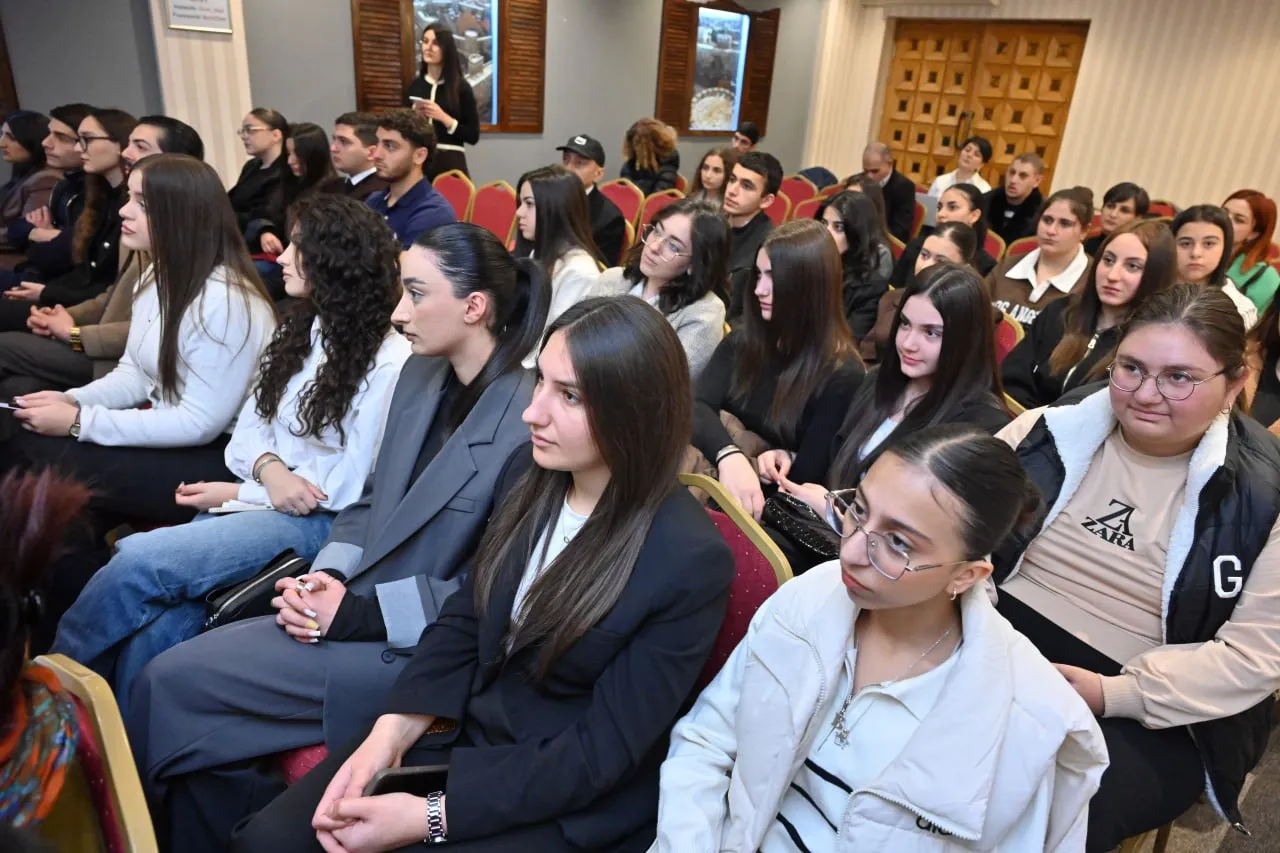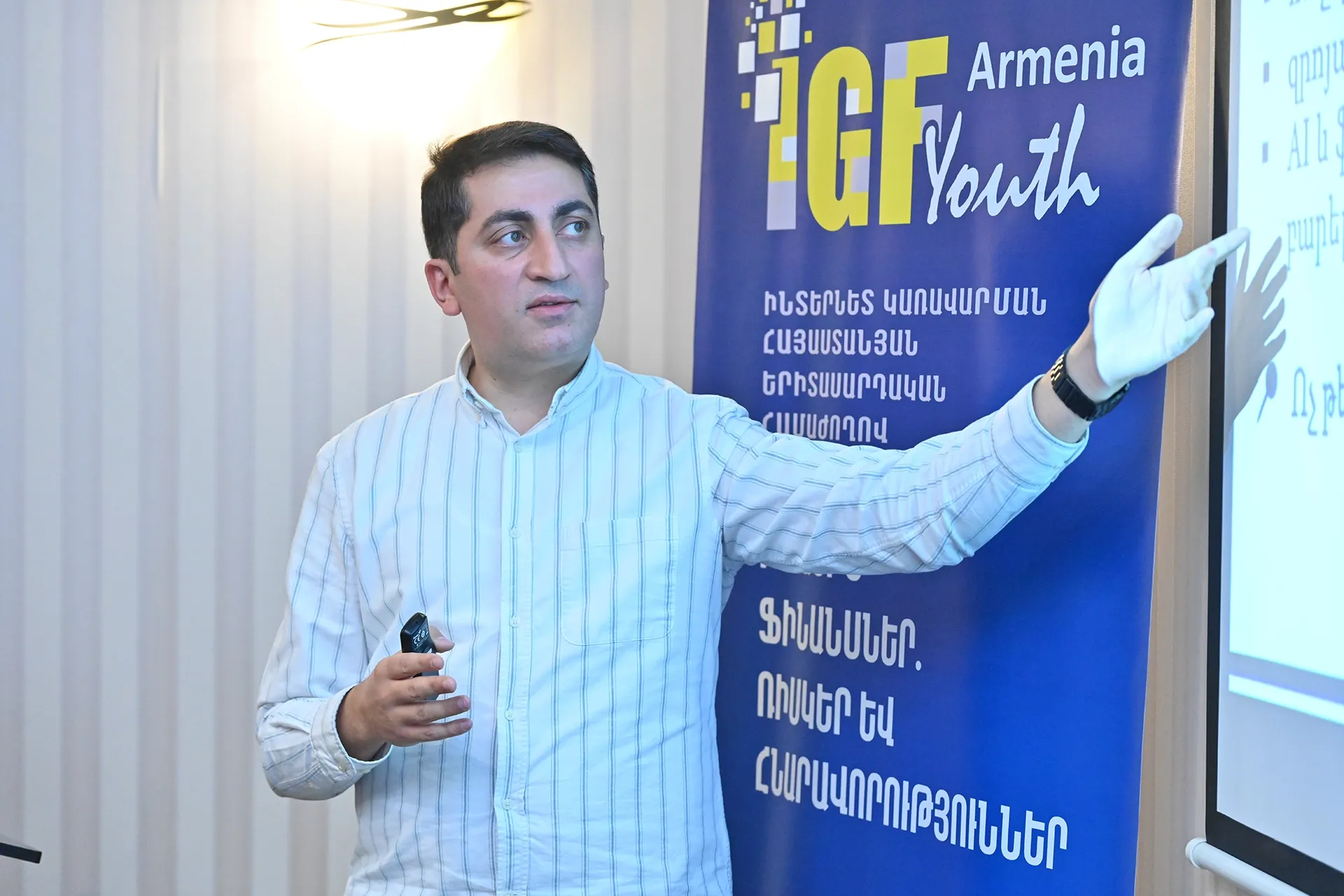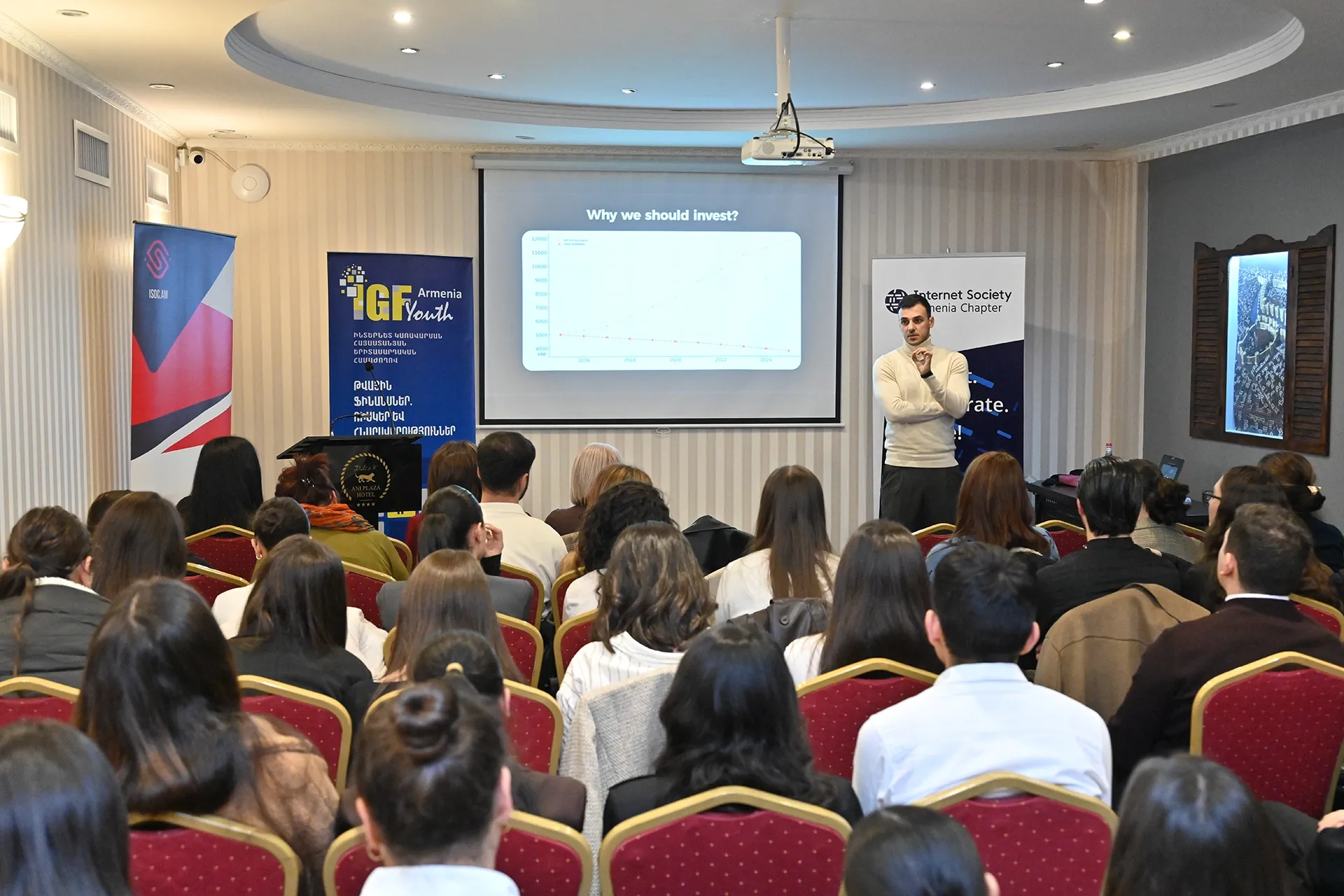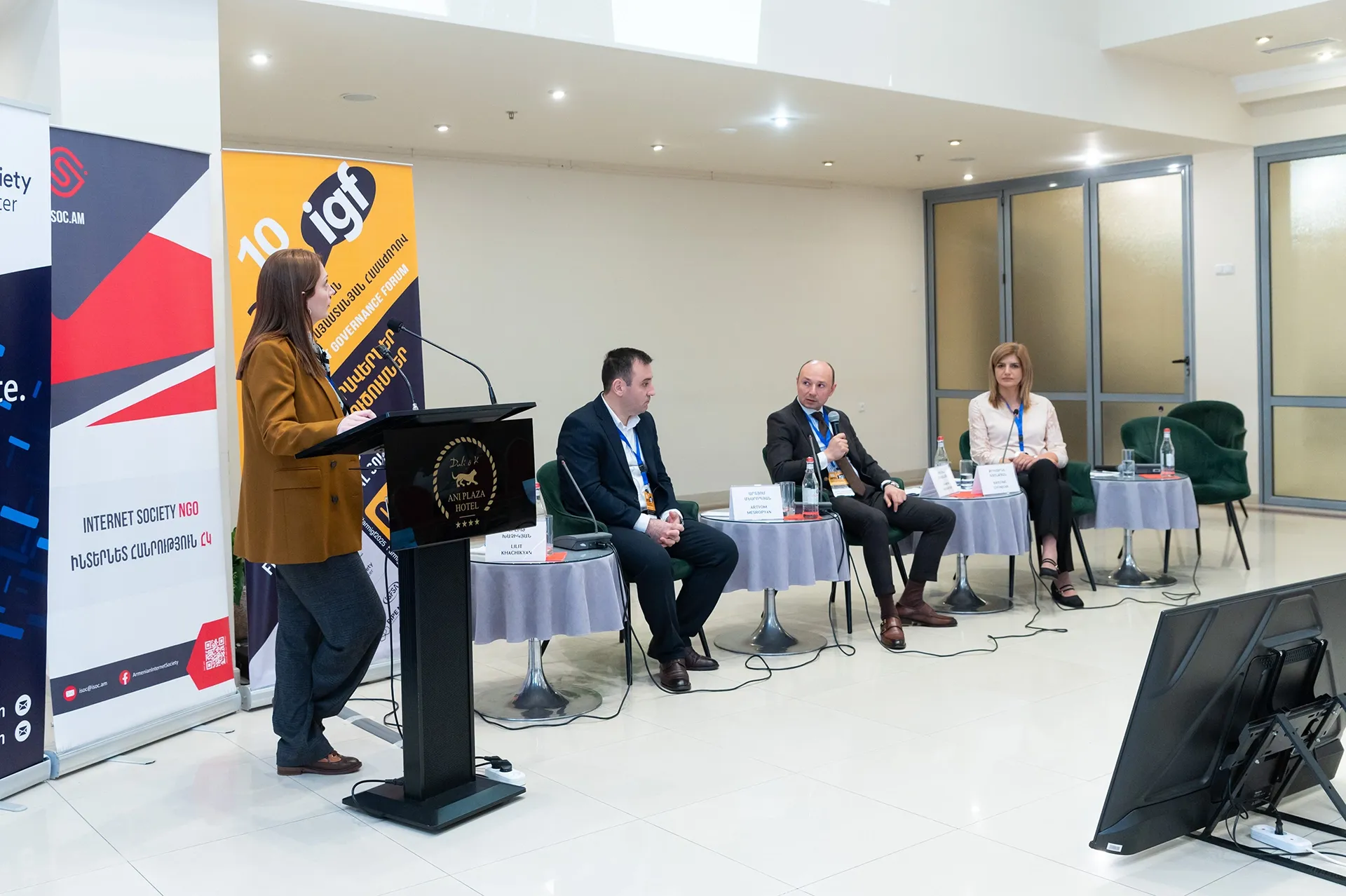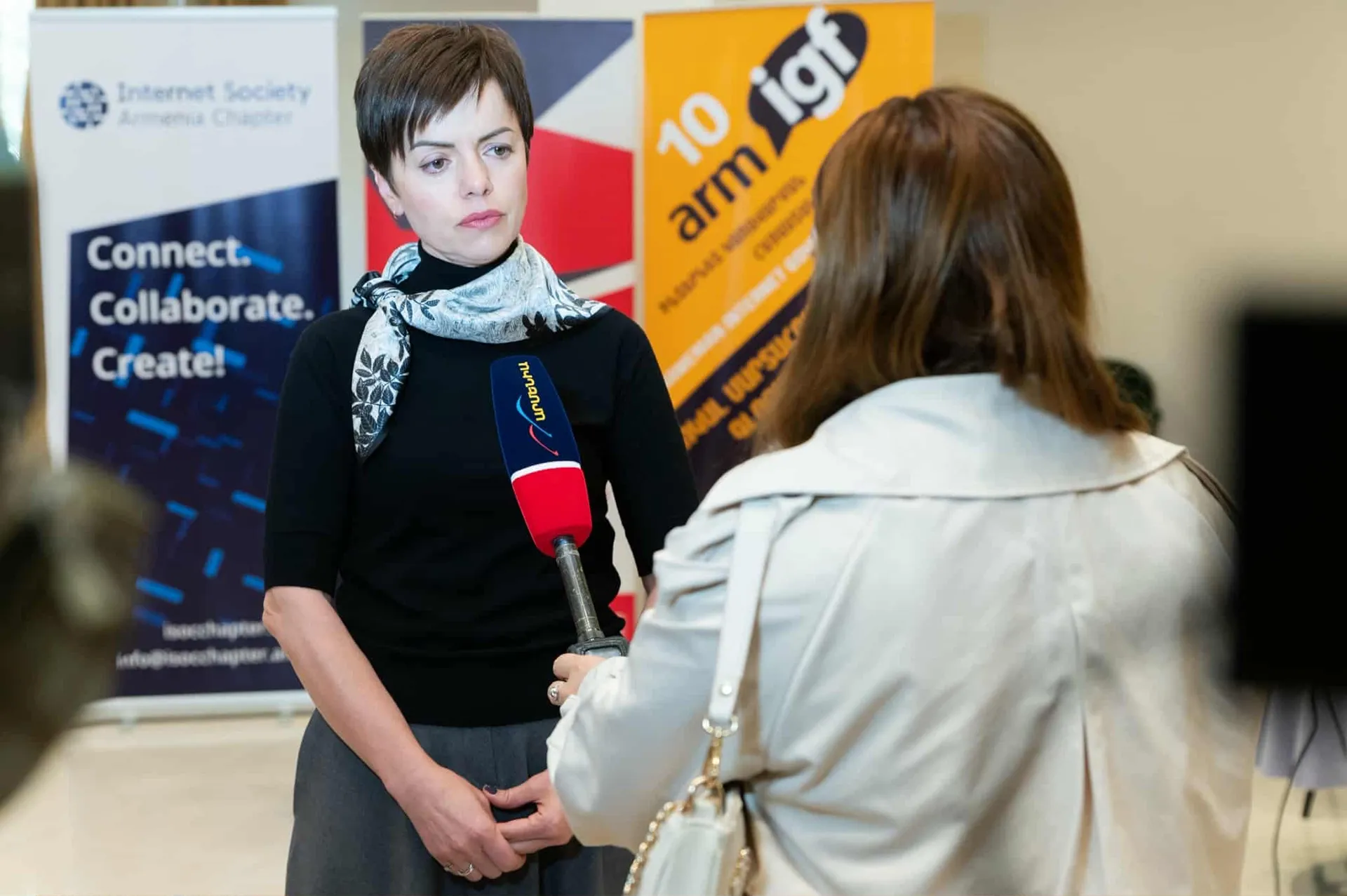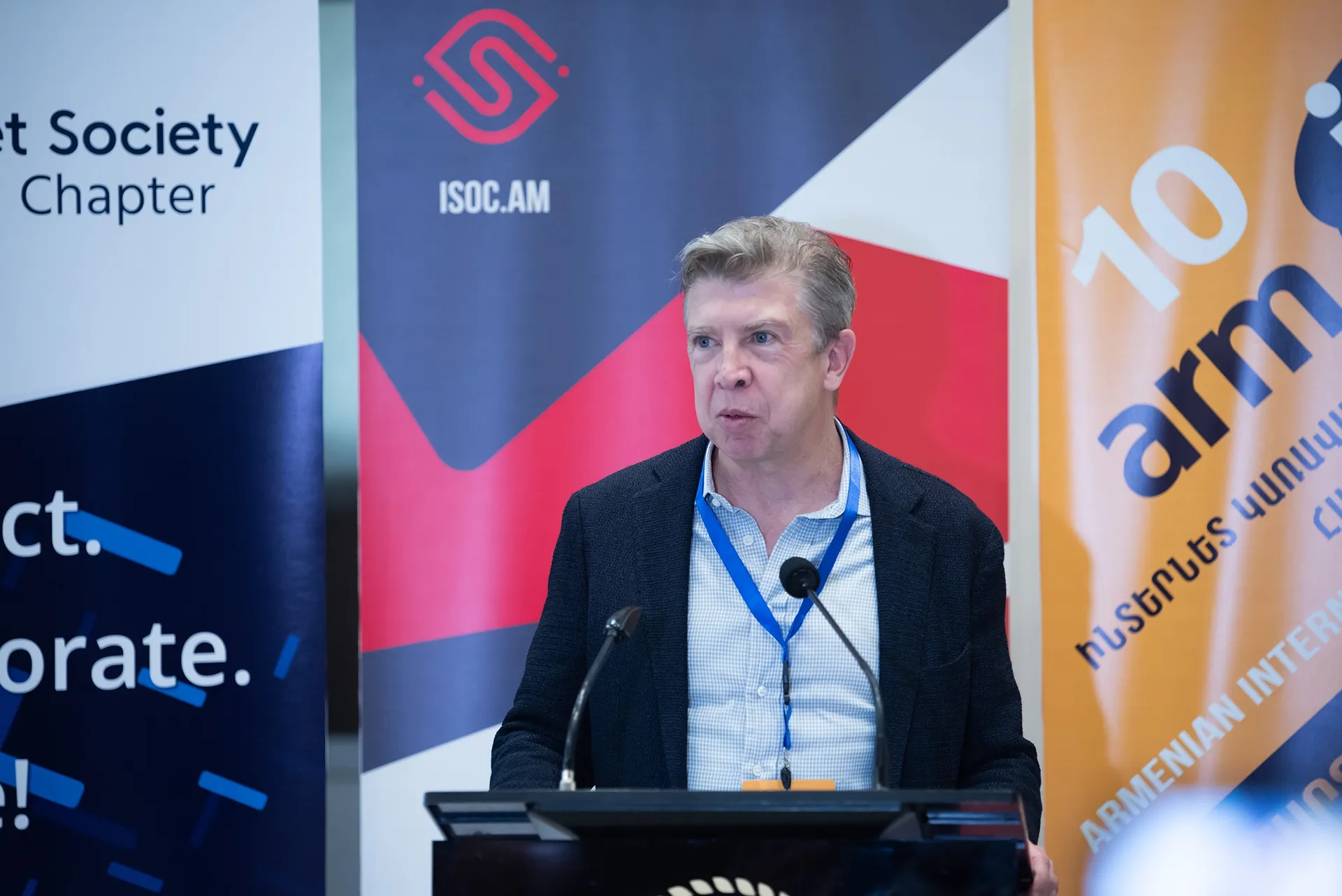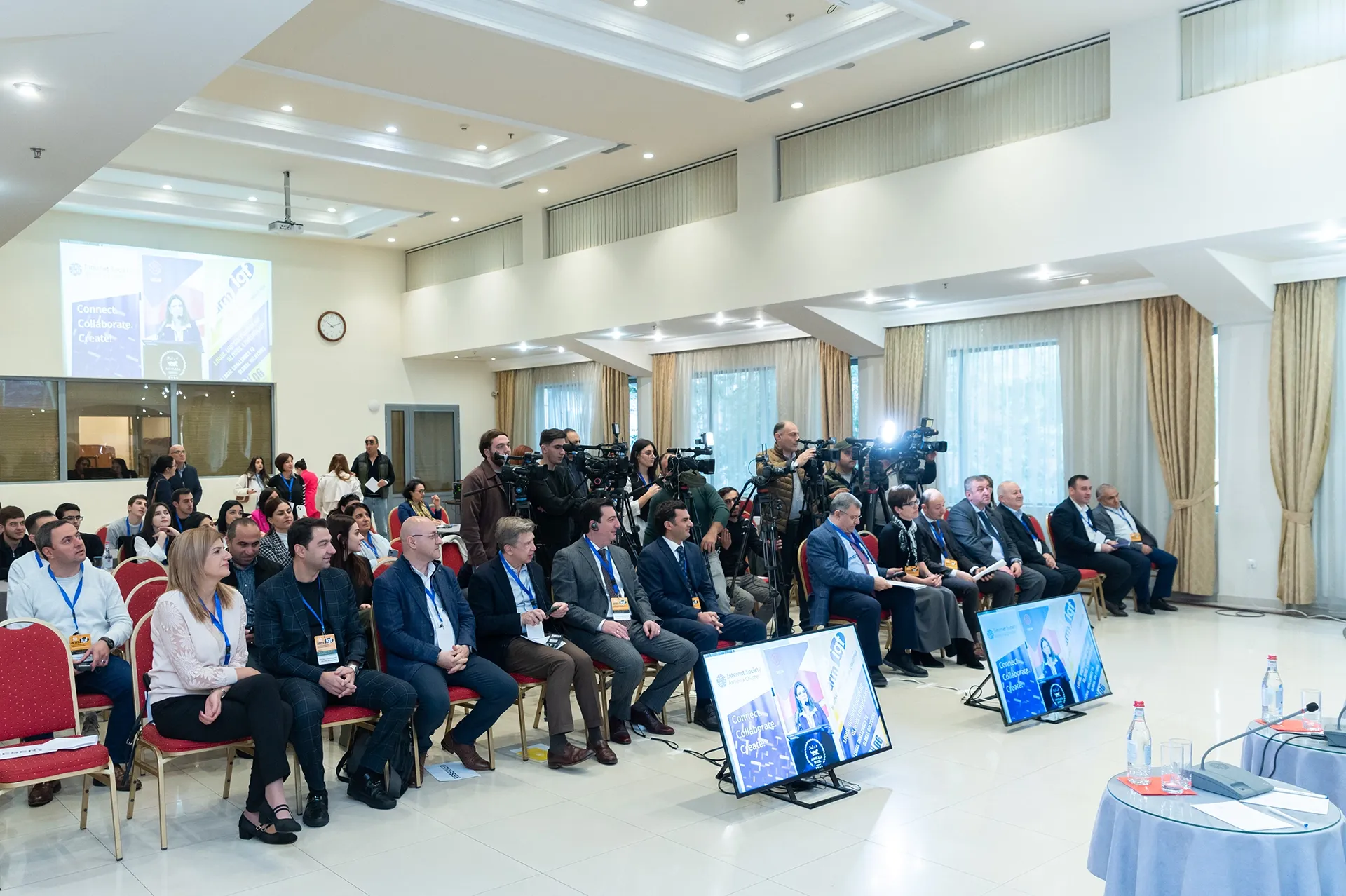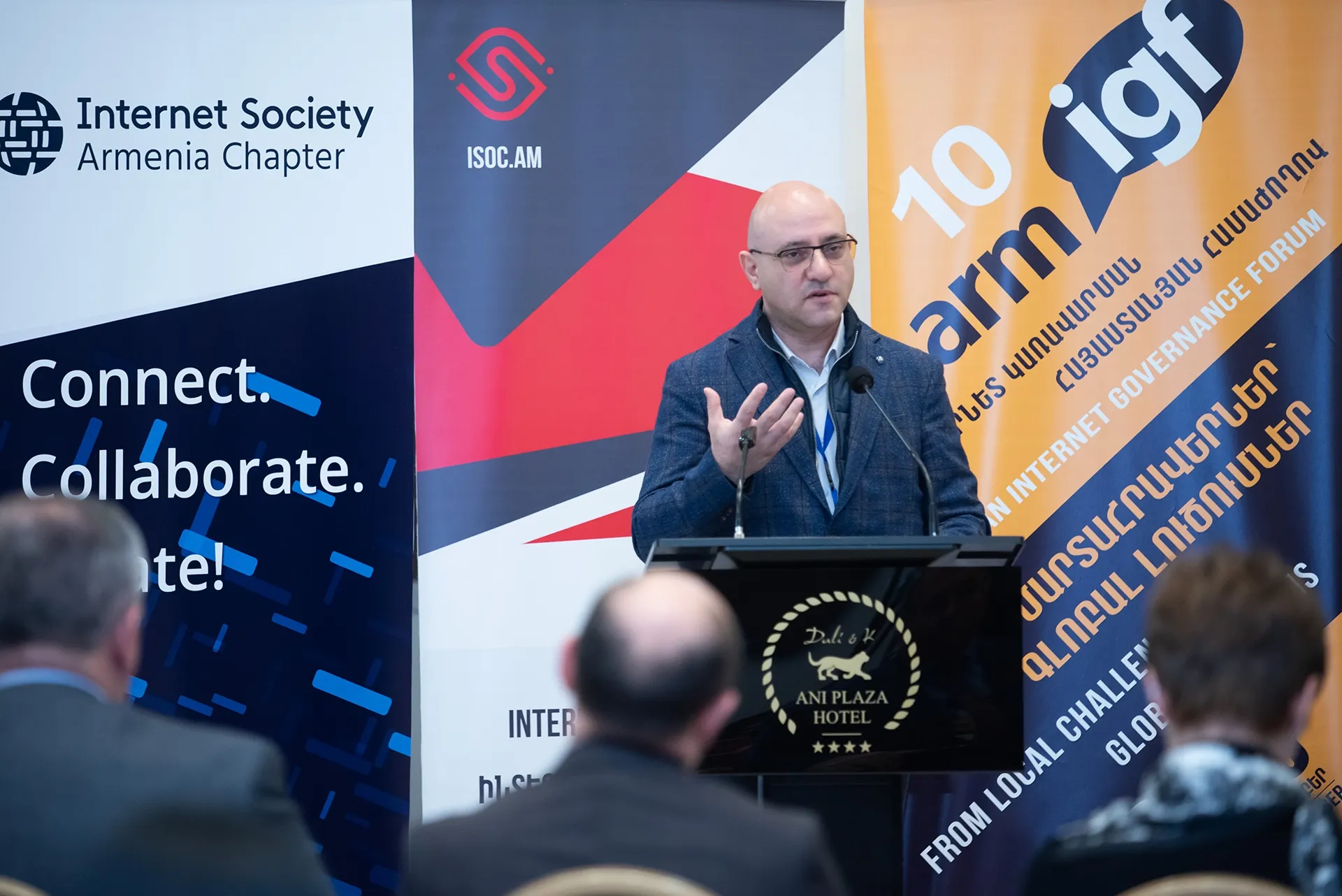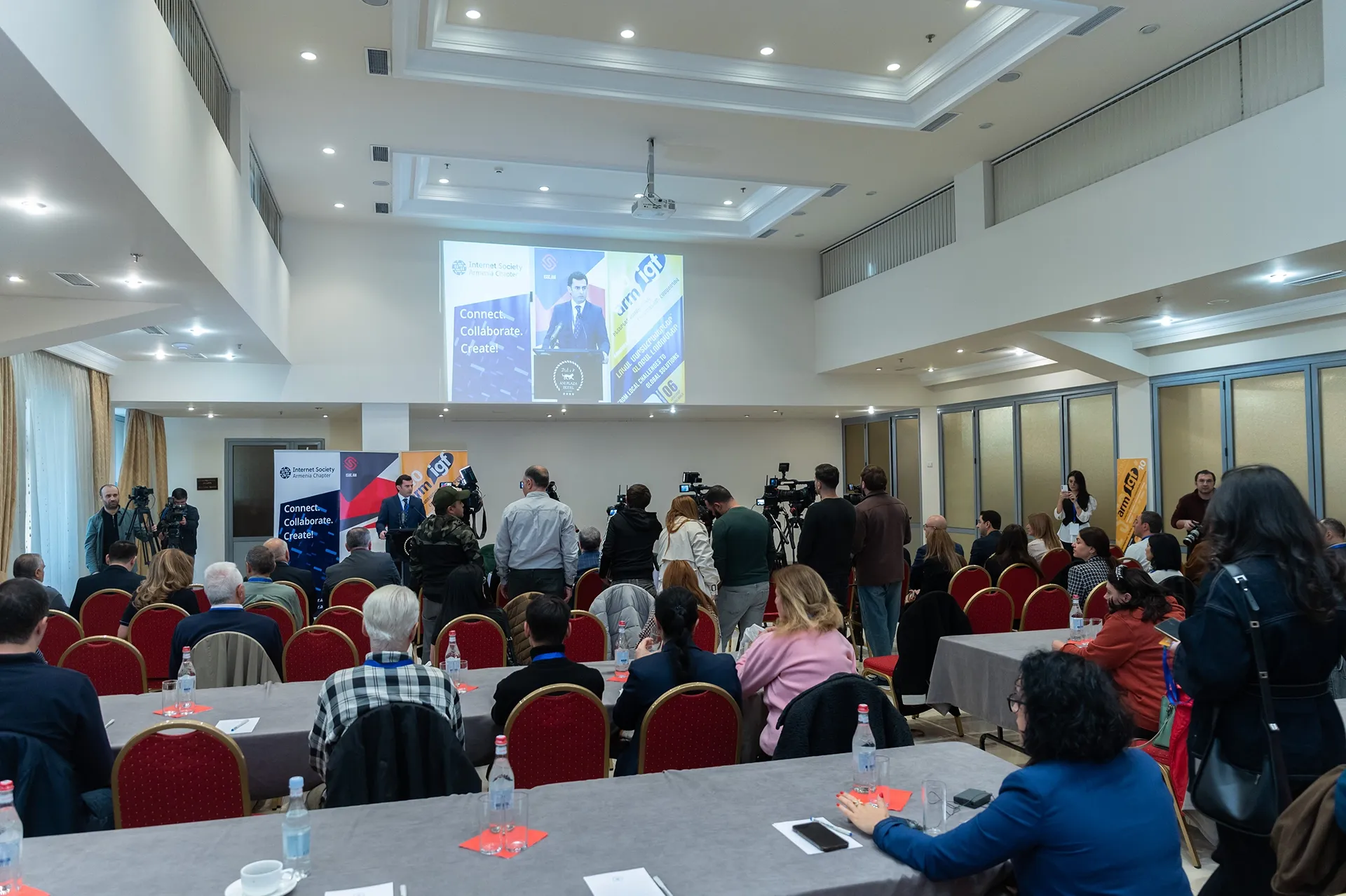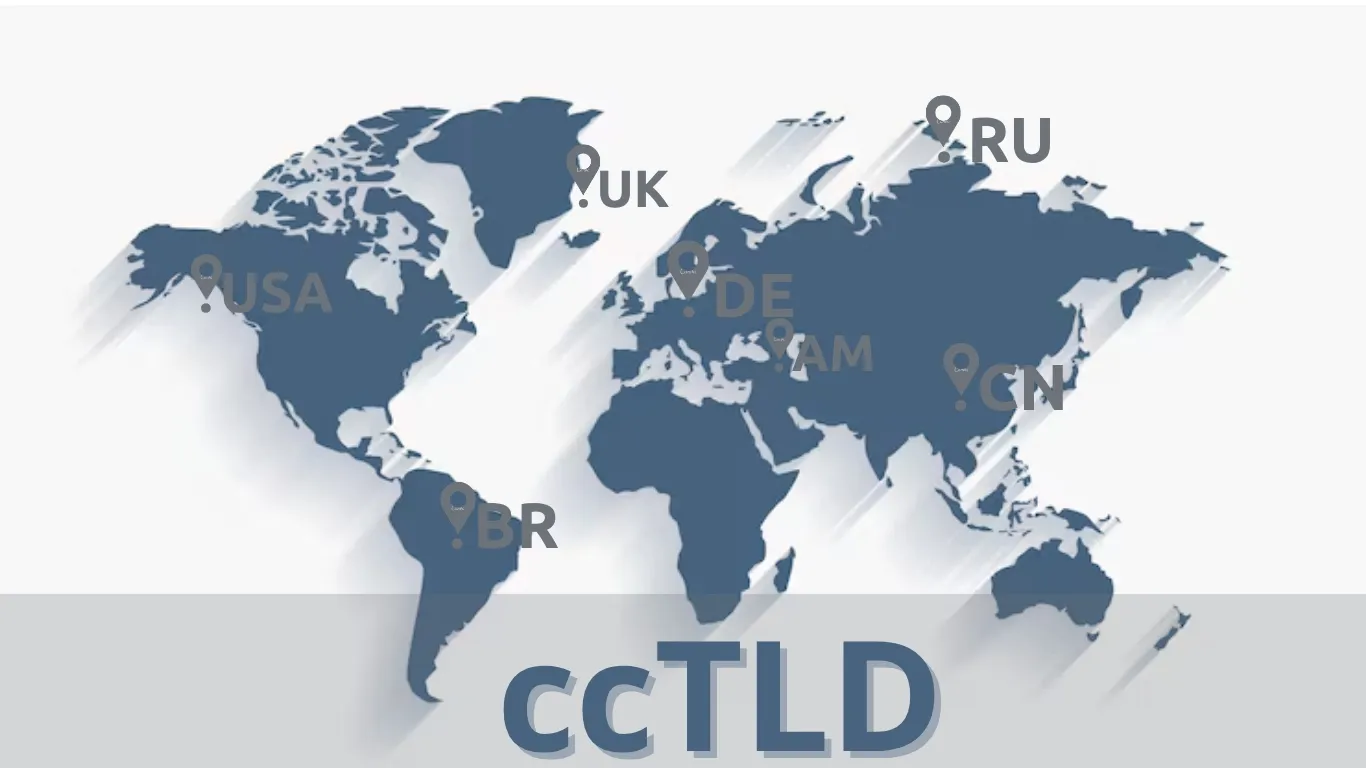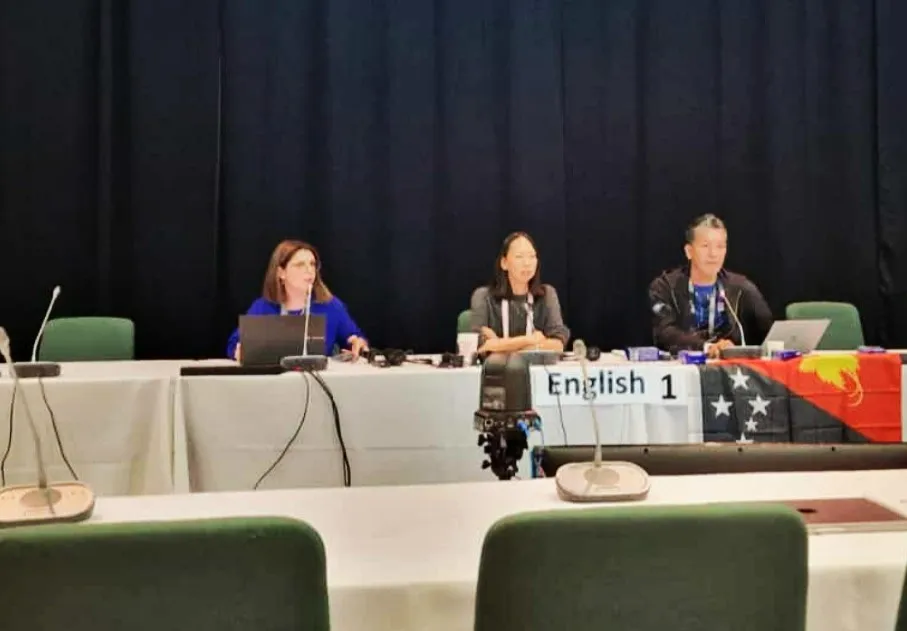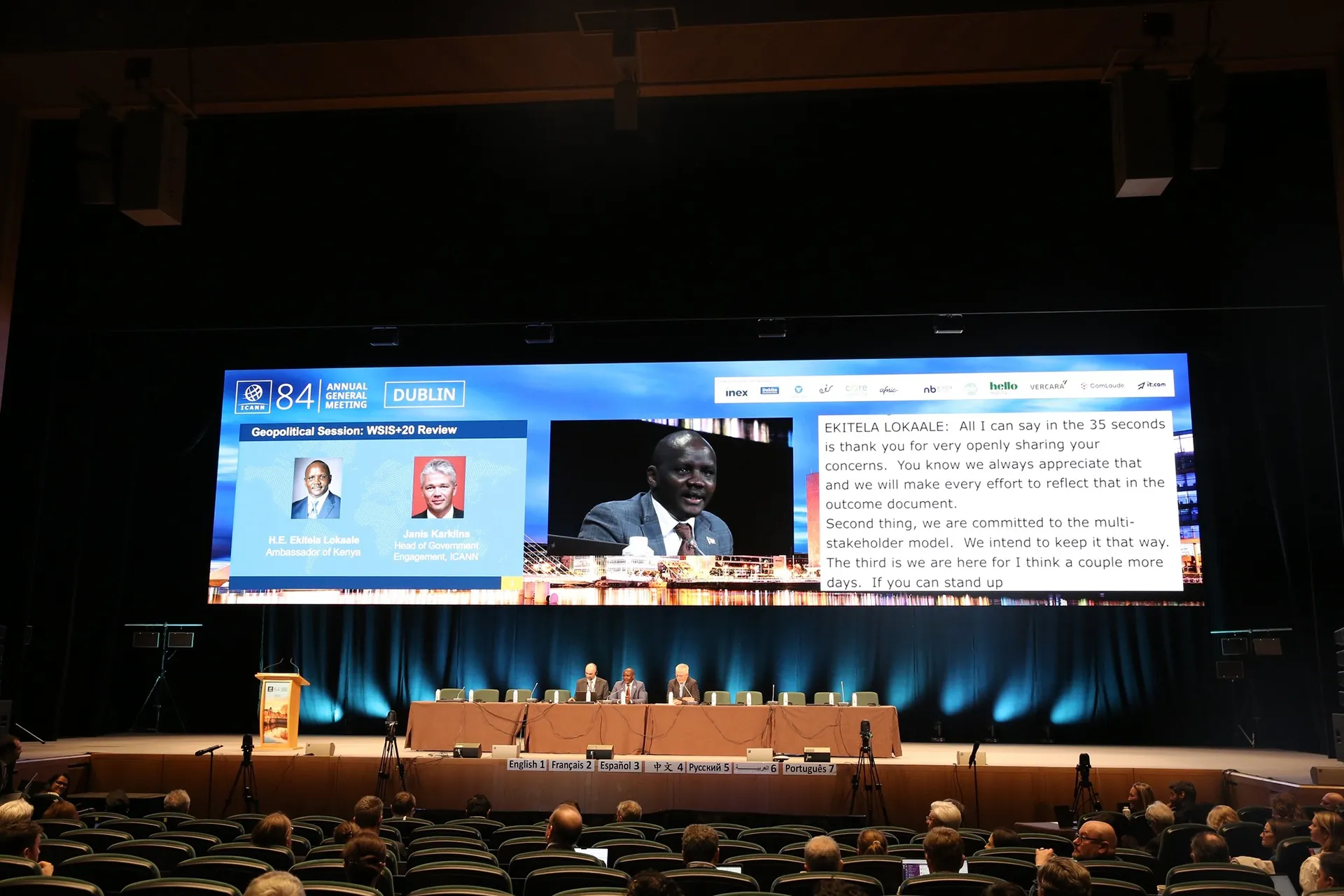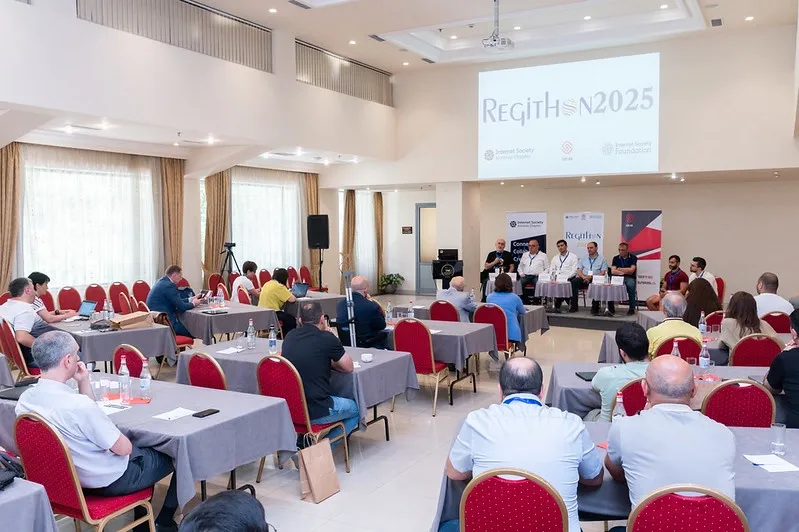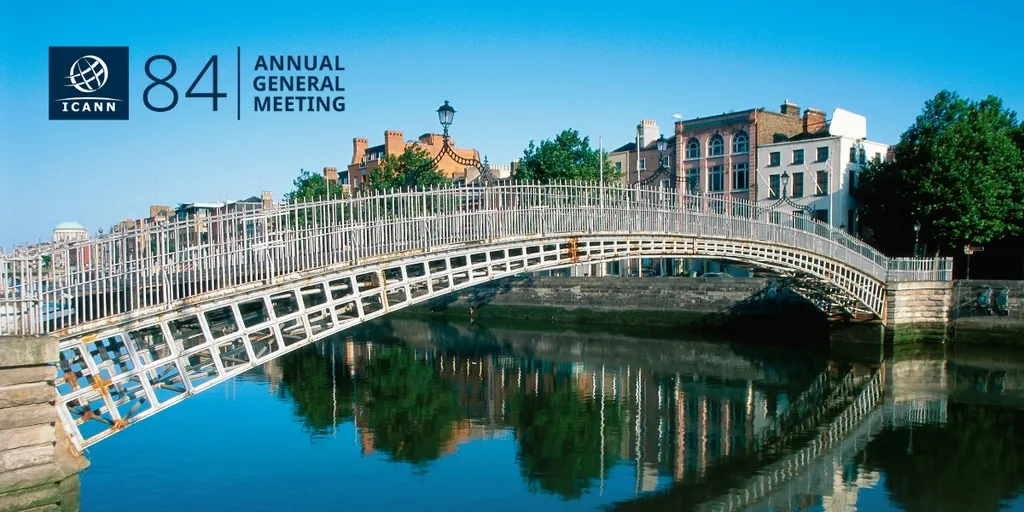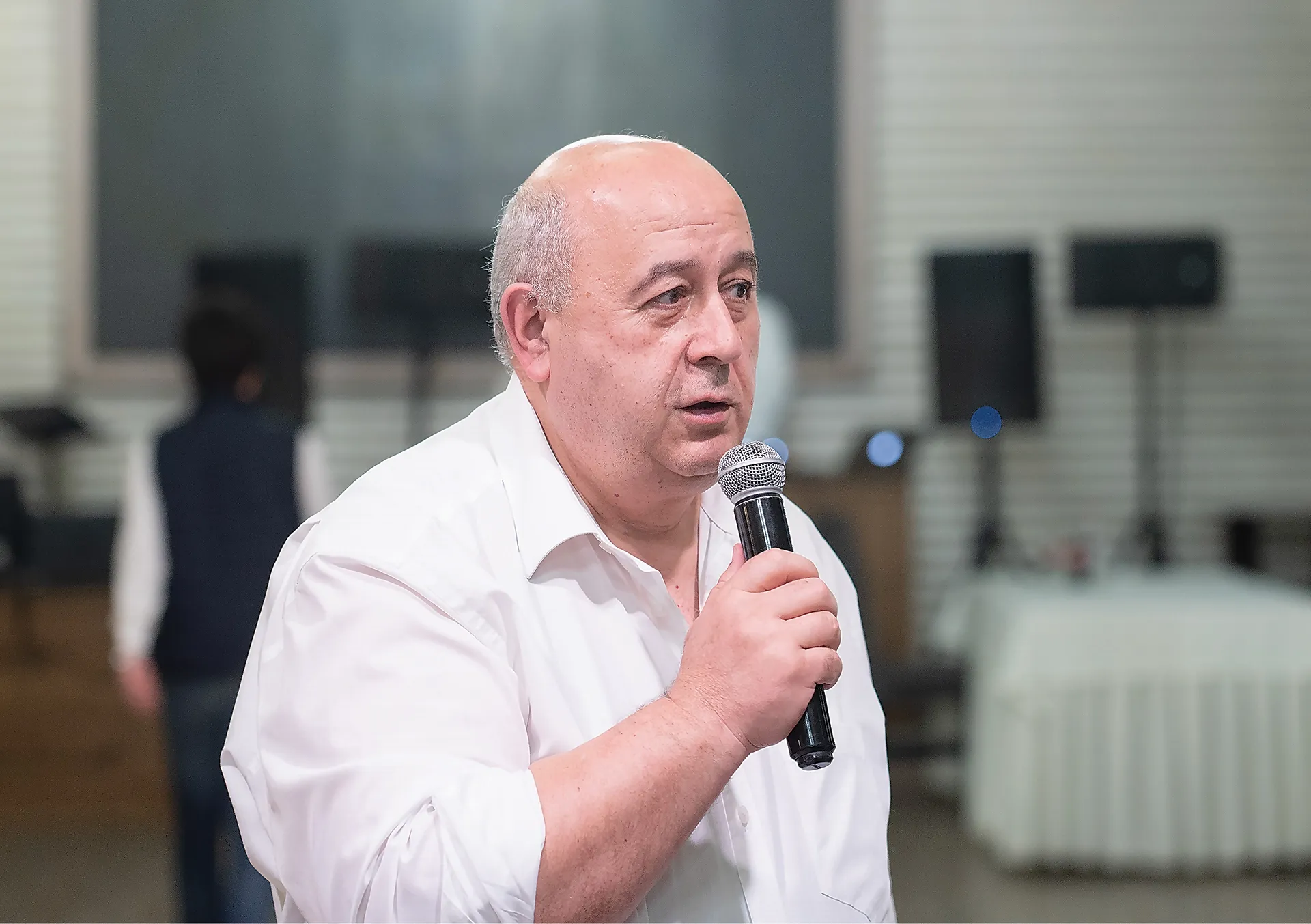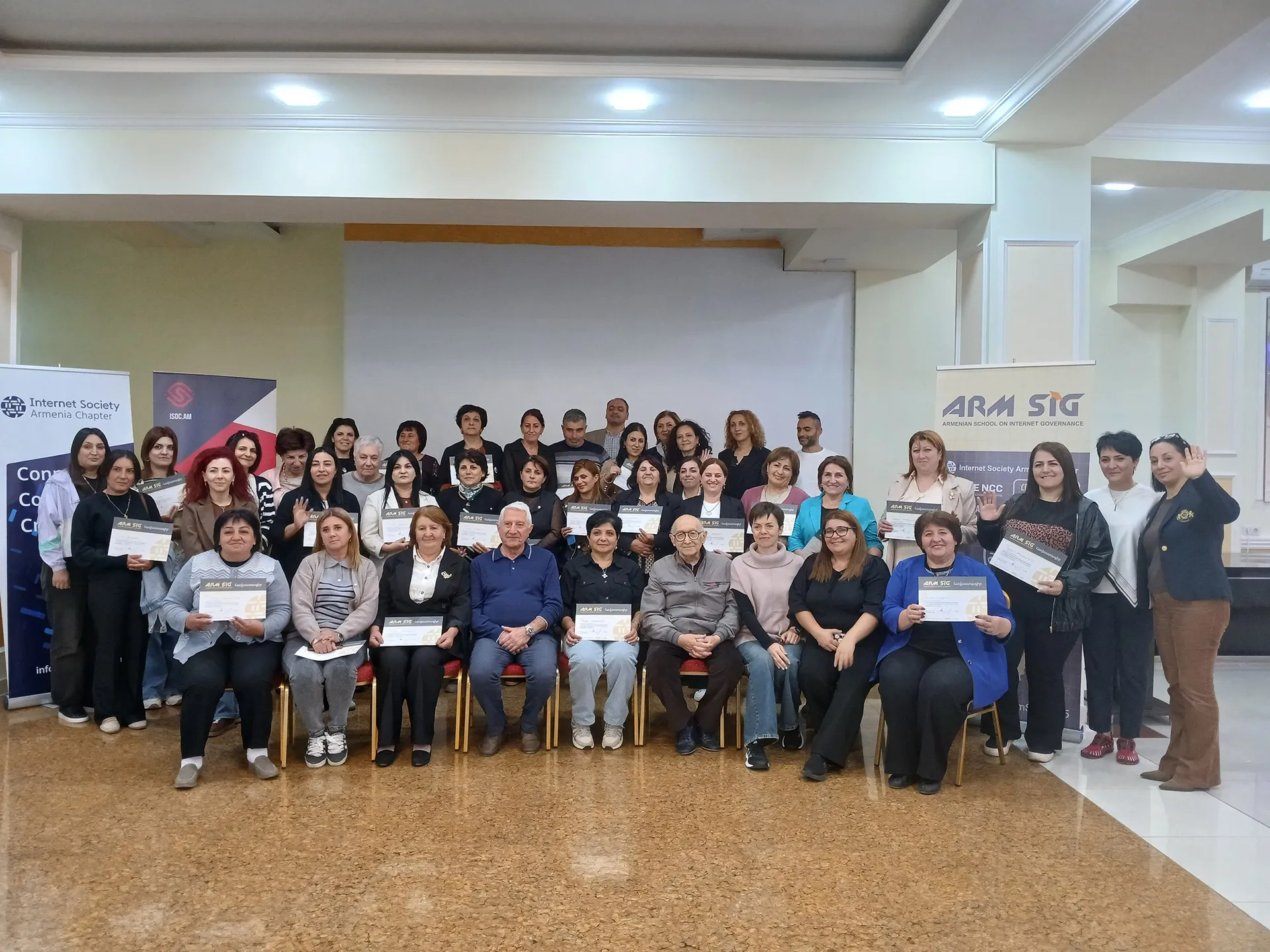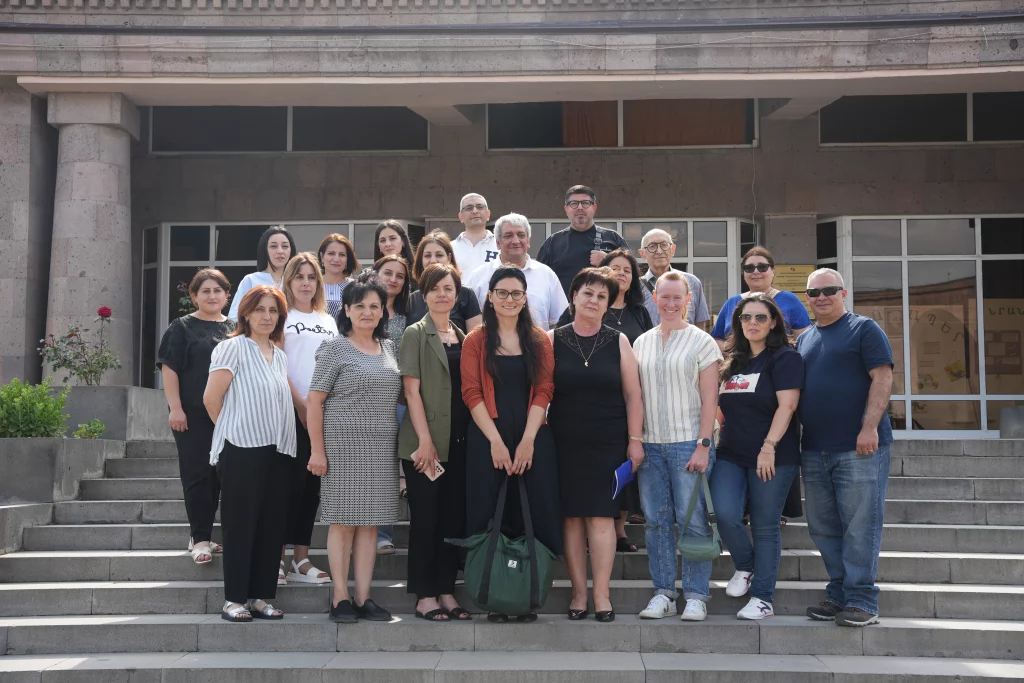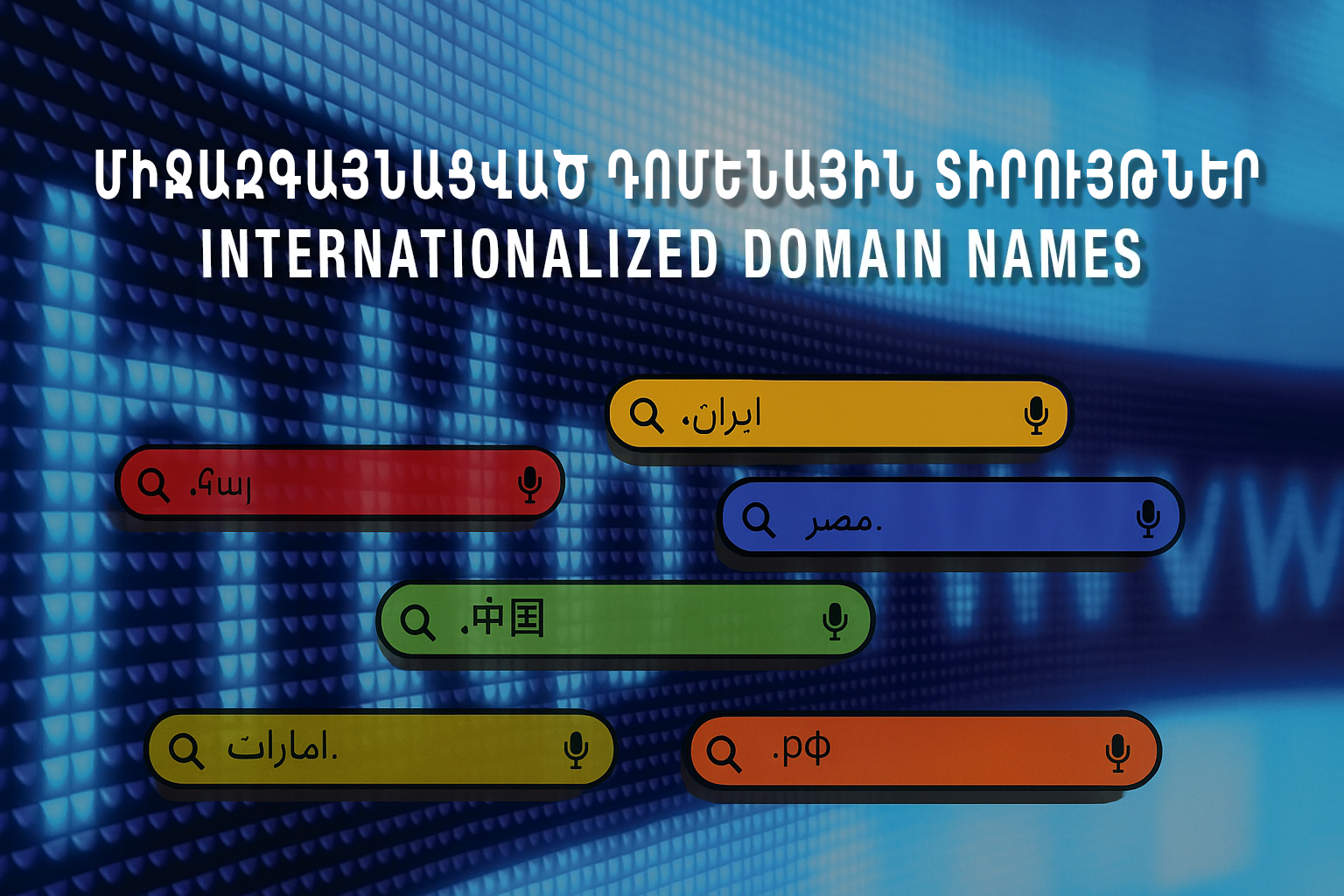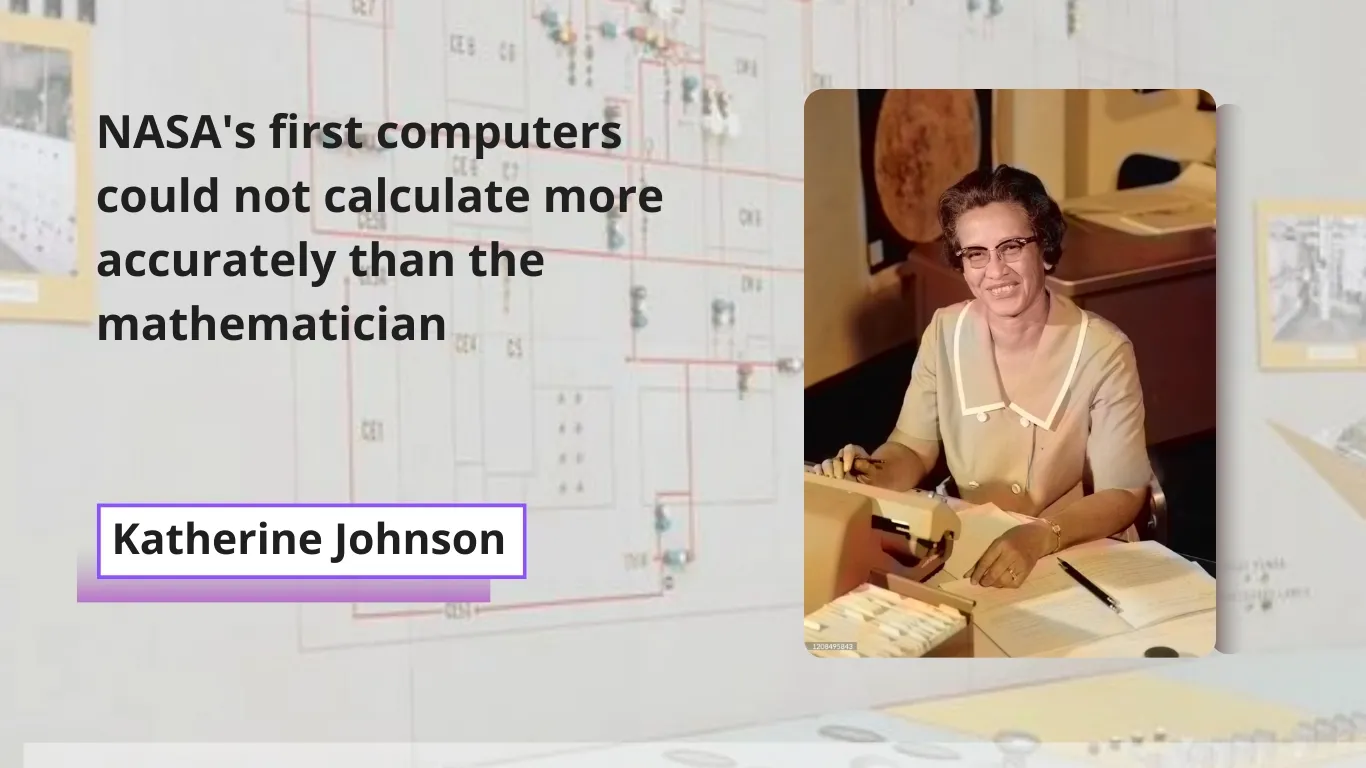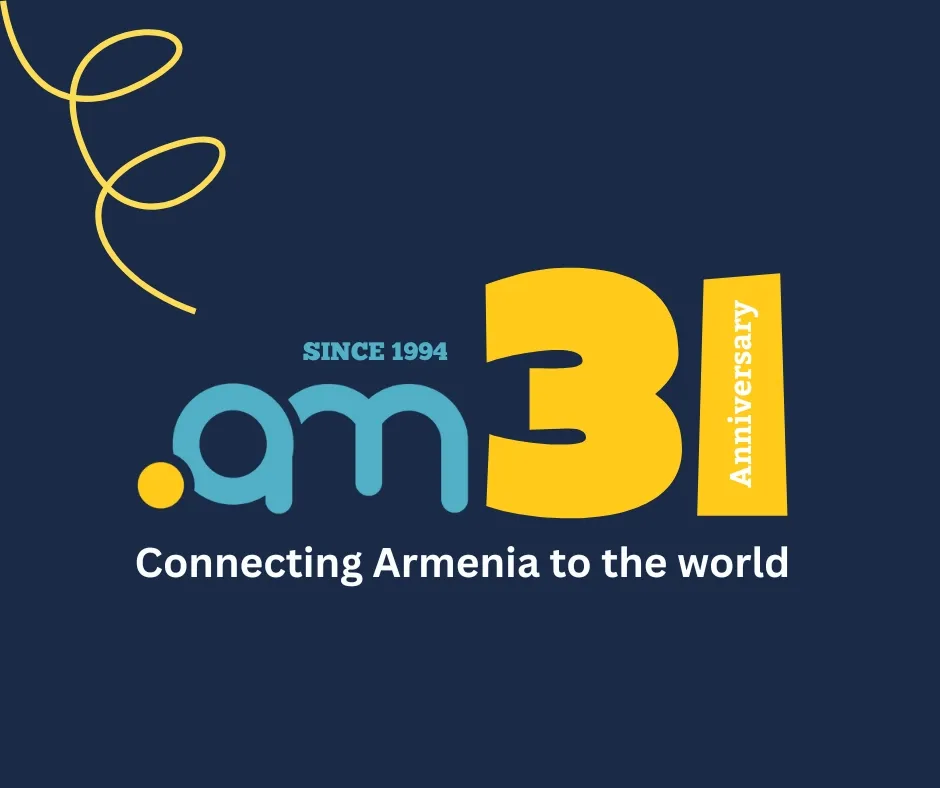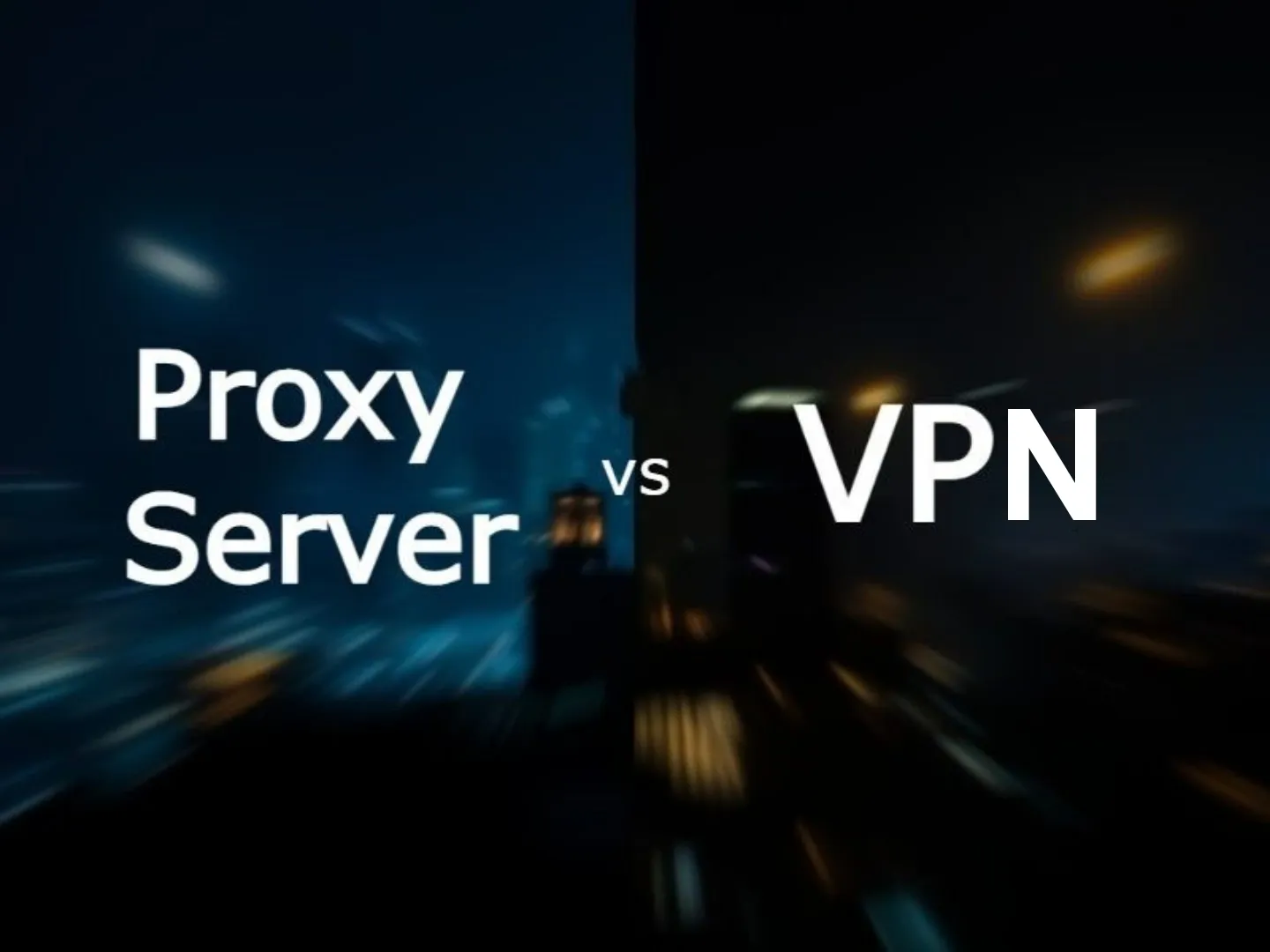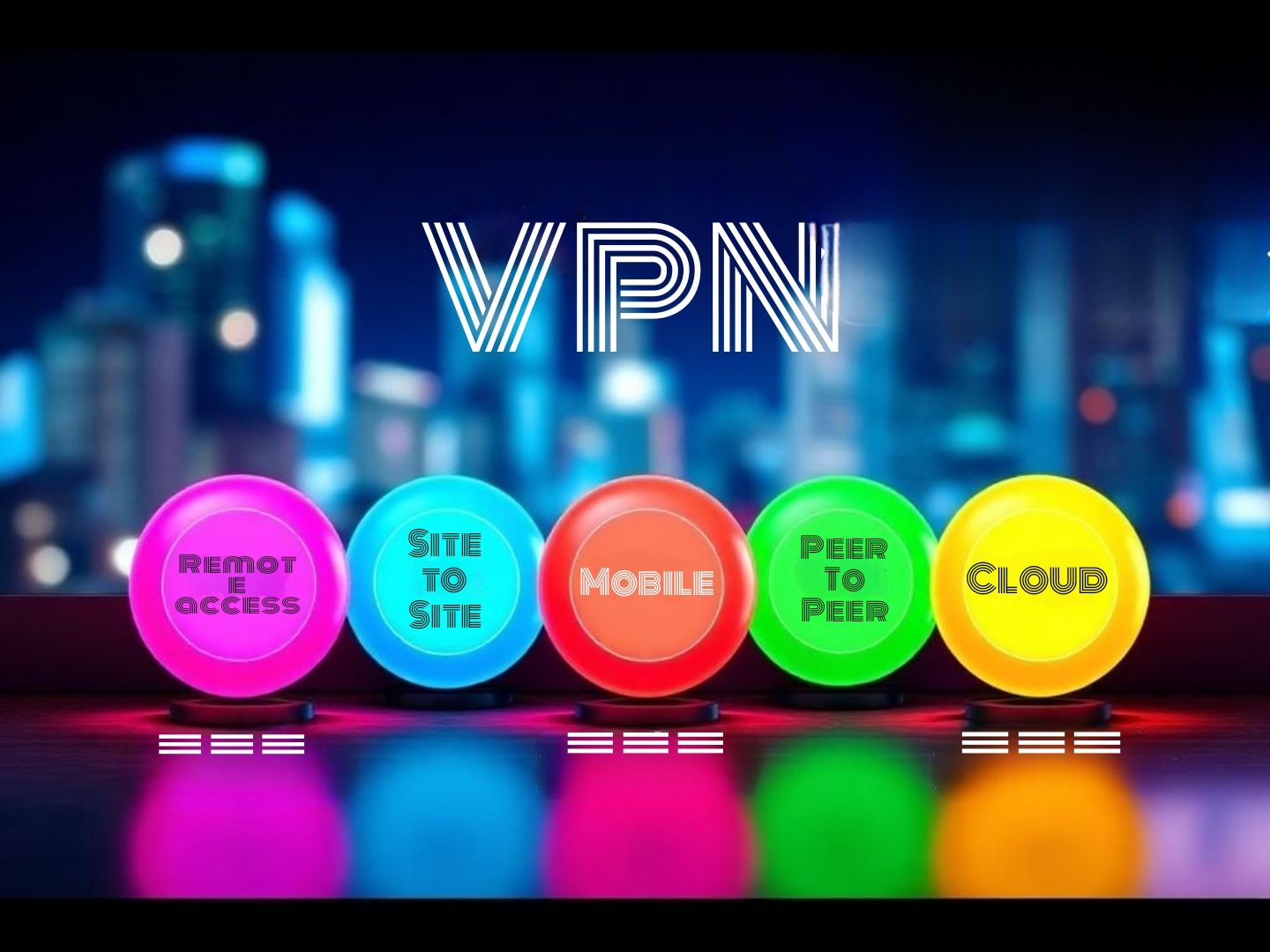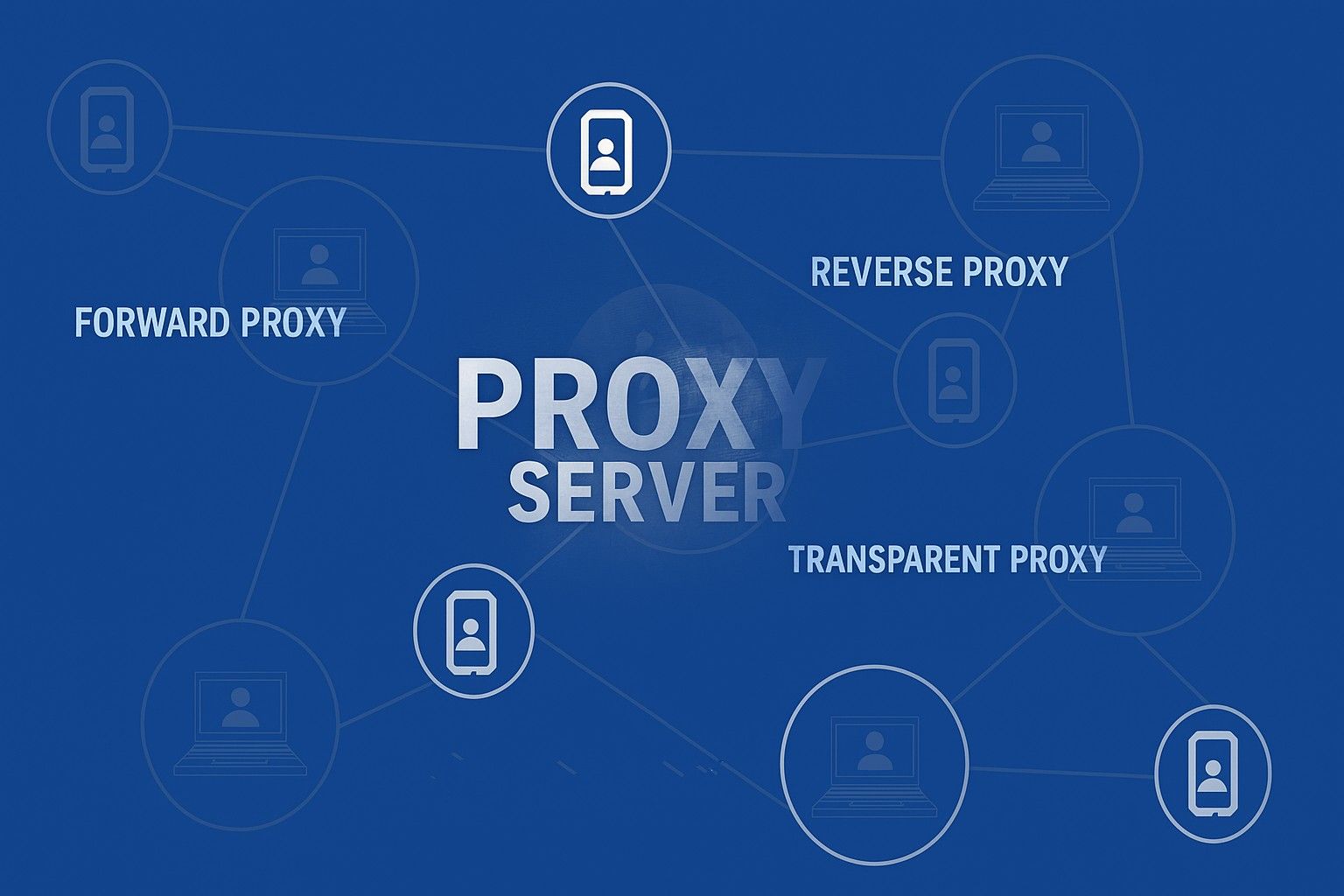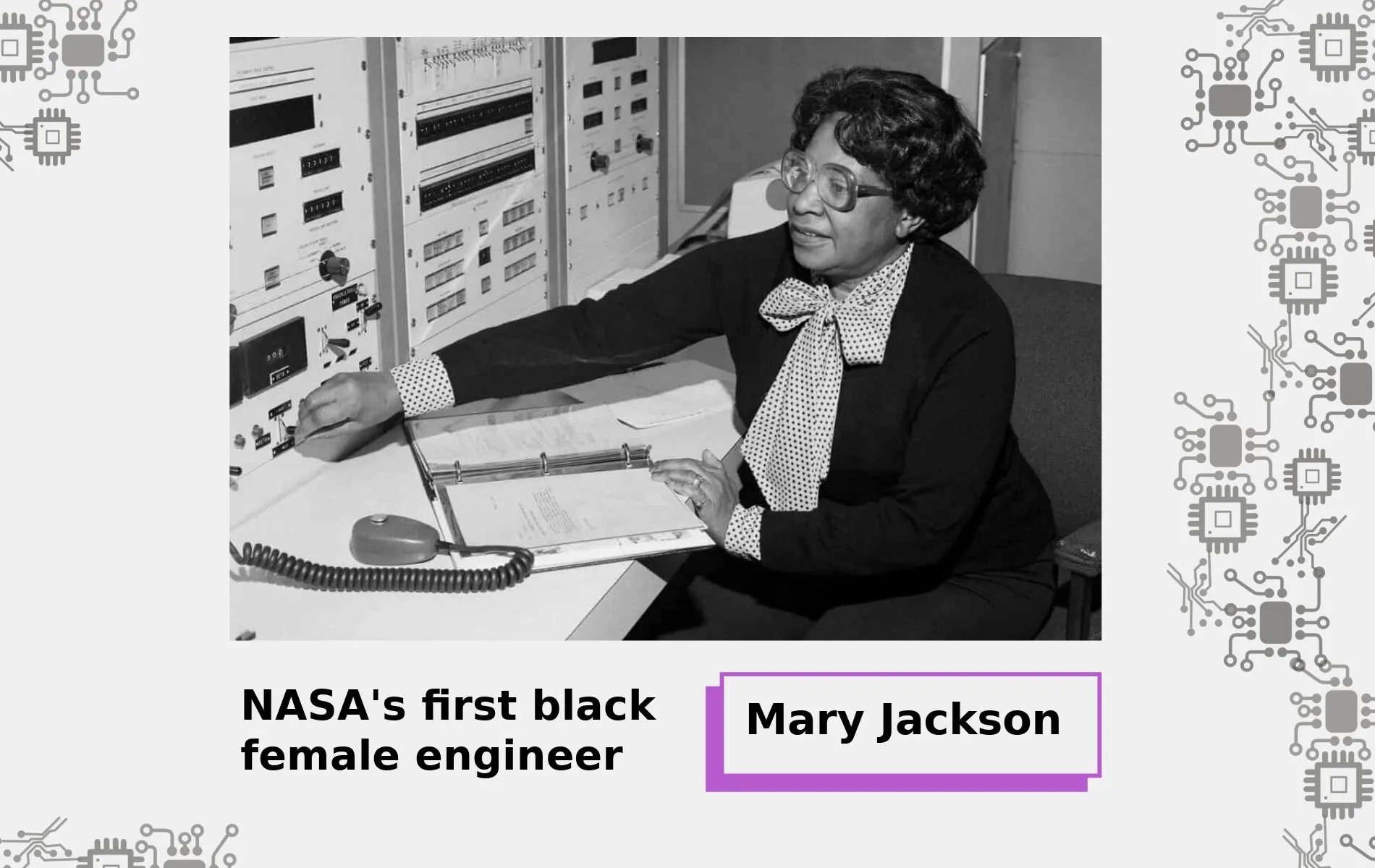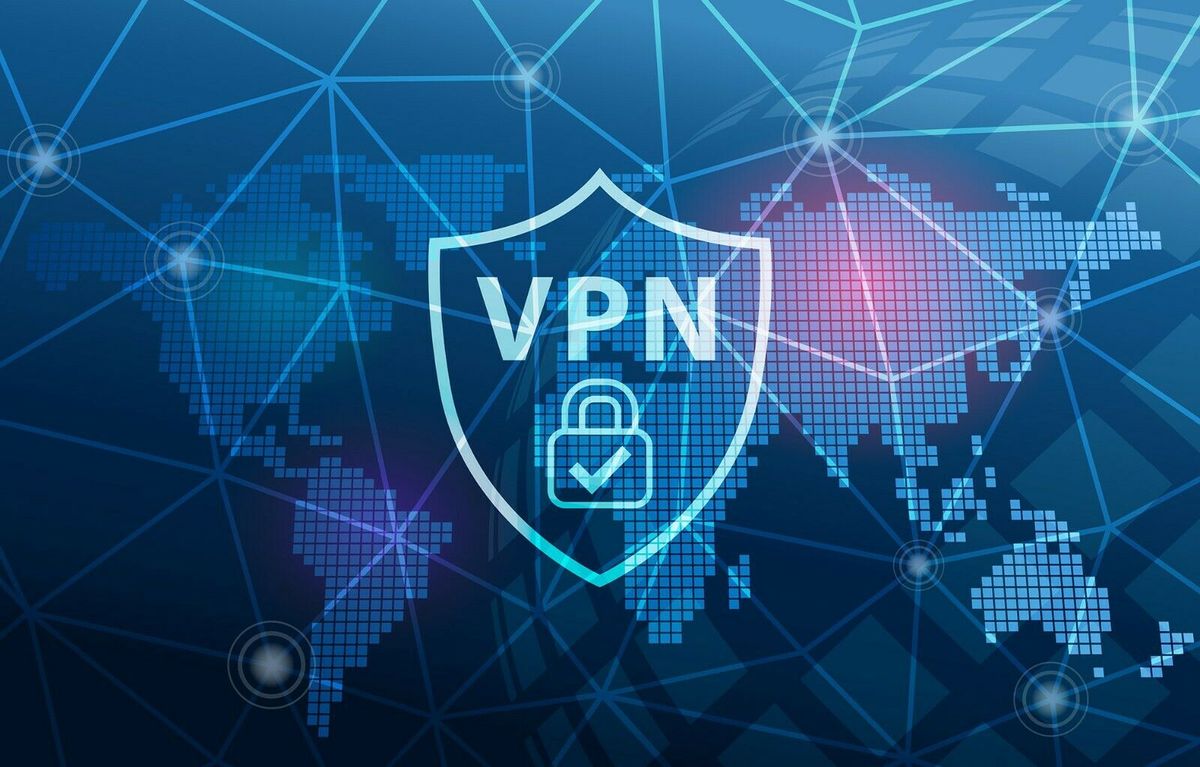The high-level meeting of the World Summit on the Information Society (WSIS+20) will be held on December.
Conducted under the auspices of the United Nations, the WSIS+20 process brings together 32 UN agencies to define and reassess the principles of Internet governance and global digital cooperation. These principles were originally established in the 2003 Geneva and 2005 Tunis phases of the summit, with the participation of governments, the private sector, civil society, academia, and the technical community.
In its submission on the WSIS+20 final document, the Technical Community Coalition for Multistakeholderism (TCCM) stressed the need to preserve and strengthen the multistakeholder and inclusive model of Internet governance and to ensure that technology continues to support the protection of human rights.
Representing nearly 50 organizations, the coalition welcomed the proposal to grant the Internet Governance Forum (IGF) a permanent mandate and emphasized the need for a stable, diversified financing model for the IGF.
TCCM also underscored the importance of reinstating a key statement from the initial draft of the WSIS+20 final document: that state-controlled or fragmented Internet models threaten the global integrity of the Internet. The coalition highlighted the growing risks of Internet fragmentation.
Among the 30 international partners providing input to the coalition is the Internet Society NGO, the organization responsible for managing the .am and .հայ domain names.
“By participating in the coalition, we reaffirm a simple yet essential principle: the Internet must be preserved and developed as an open, unified, and accessible environment for all. Global cooperation, collective action and the strengthening of the multistakeholder model are vital to building trust in the digital ecosystem and ensuring its development for the benefit of society,” said Kristina Hakobyan, Board vice Chair of the Internet Society NGO.

